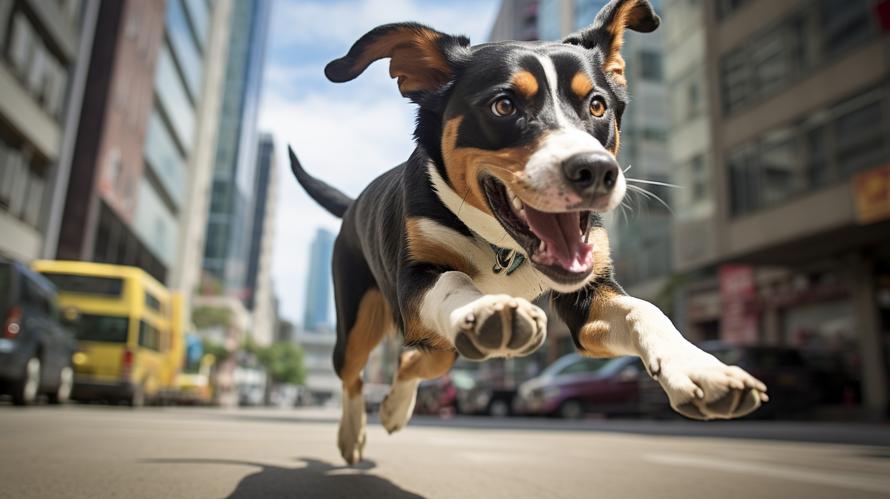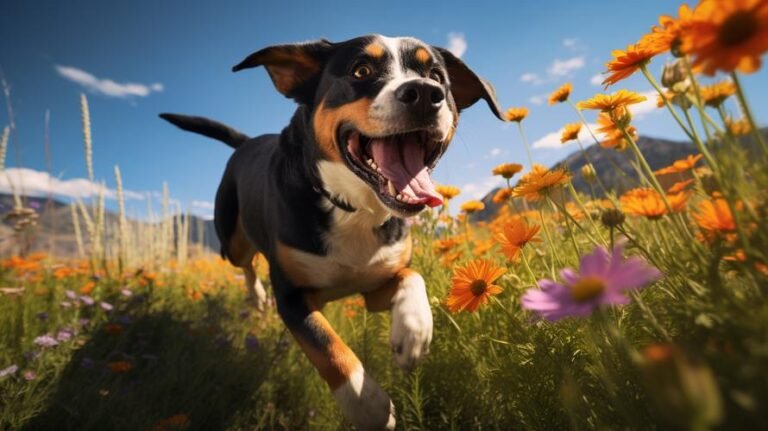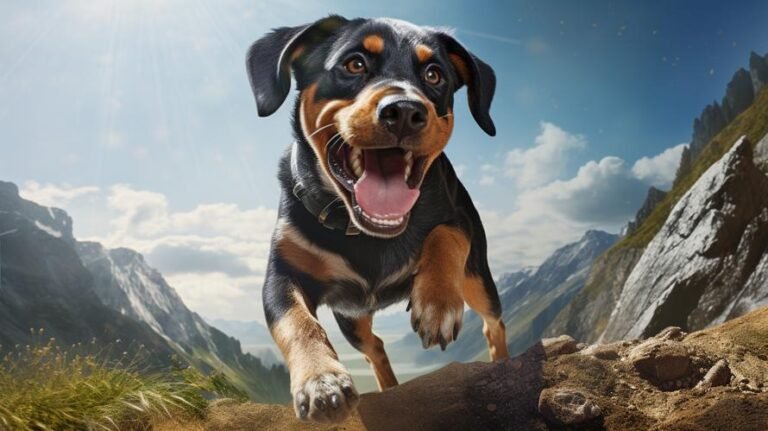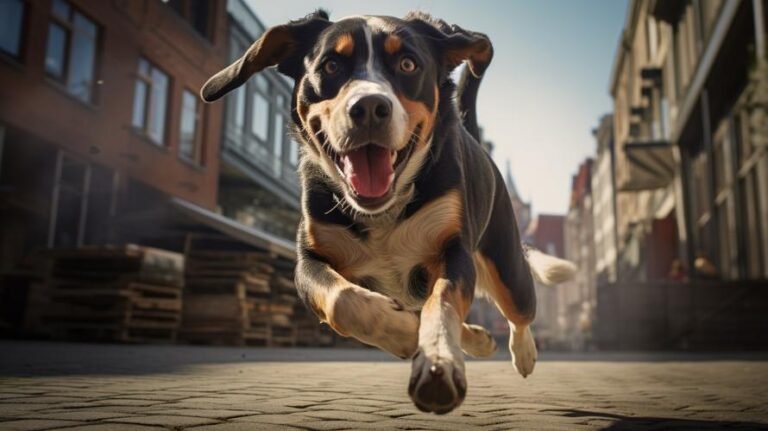Imagine a Swiss army knife: versatile, reliable, and perfectly designed for its task. Now imagine something as special in the canine world—that’s the Entlebucher Mountain Dog. These dogs are as multifaceted as that Swiss army knife. Known for their agility, intelligence, and strong work ethic, Entlebuchers—or Entles, as enthusiasts often call them—excel as herding animals and loyal companions. But even the sturdiest of tools needs the right fuel to function, and for our four-legged Swiss marvels, that fuel is their diet.
Given their active nature, Entles require high-quality nutrition to match their high-octane lifestyles. In recent years, grain-free dog food has risen in popularity among dog owners, with promises of better health and less risk of allergies. But before you jump on the grain-free wagon for your Entlebucher Mountain Dog, it’s important to chew over the facts.
First off, let’s zone in on grains. Grains such as wheat, corn, rice, and oats have long been staples in the canine diet. They are packed with essential nutrients like carbohydrates for energy, fiber for digestive health, and proteins for body maintenance. So why the sudden shift towards grain-free diets?
The grain-free trend stems from the idea that domestic dogs, descended from their wild ancestors, are primarily carnivores and may not be well-suited to digest grains. Moreover, some believe that grains can be allergens that contribute to skin and digestive issues in dogs. Thus, grain-free diets often replace grains with alternative sources of carbohydrates such as legumes, sweet potatoes, and peas.
But here’s where things get interesting. Entlebucher Mountain Dogs aren’t the same as their wild counterparts, and domestication has allowed them to adapt to a more varied diet, including grains. This breed isn’t typically prone to food allergies, which are actually less common than you might think, affecting just 1-2% of the canine population. And in those rare instances of allergies, it’s commonly proteins—like chicken, beef, or dairy—that are the culprits, not grains.
Even more thought-provoking, recent research by the FDA has raised concerns over the link between grain-free diets and a heart condition known as canine dilated cardiomyopathy (DCM). The study suggests that diets high in legumes or potatoes might contribute to this disease in dogs, marking a need for further investigation into grain-free fare.
So, should you be tossing grains from your Entle’s bowl? Not so fast. It’s crucial to remember that every dog is unique. Some Entles might actually thrive on a grain-free diet, especially if they’re showing signs of intolerances or sensitivities to grains. However, for most Entlebuchers, grains provide a well-rounded diet that keeps them bounding through their daily herding and play without issue.
If you’re considering a dietary change for your Entle, it’s vital to take a personalized approach. Chat with a vet or a canine nutritionist—they’re like the sommeliers of the dog food world. They can help pinpoint what’s best for your specific pooch. They may suggest a switching routine or a mixed diet that incorporates both grain and grain-free meals. Variety, after all, is the spice of life, even for dogs.
Furthermore, if you opt for a grain-free diet or a diet with grains, prioritize high-quality foods with whole ingredients. Look for reputable brands with transparent practices, because just like us, what goes into an Entle’s body hugely impacts what comes out in terms of energy, health, and even behavior. More pricey? Sometimes. Worth it? Definitely.
Now let’s chew on some numbers. A 2008 study published in the Journal of Animal Physiology and Animal Nutrition found that dogs can digest over 90% of the carbohydrates from grains in commercial diets. That’s a staggering number and worthy food for thought. Quality grains can be digested and used efficiently by your Entle for all their running, jumping, and herding throughout the day.
It’s also beneficial to mimic the variety that Entles would naturally encounter in their diet, which means a balance of protein, fats, and yes, grains. This doesn’t mean you should be waving a corn cob in front of your dog’s nose, but rather offering a balanced commercial dog food that includes grains among its ingredients.
Plus, let’s dispel the myth that all grain-free diets are inherently healthier. Some grain-free dog foods replace grains with filler ingredients that offer less nutritional value and may still lead to weight gain or other health issues. It’s not just about eliminating grains; it’s about the overall quality and composition of the diet.
In the debate of grain versus grain-free, it’s easy to get tangled up in trends and marketing. Remember the key takeaway: the best diet for your Entlebucher Mountain Dog is one that fits their individual health and lifestyle. Whether that contains grains or not is a decision that should be made with care and expertise.
For now, it seems like grains can remain part of the Entlebucher Mountain Dog diet without unleashing a host of health issues. They bring energy, they bring a mix of vital nutrients, and they even bring joy in the form of tasty kibble that keeps tails wagging. Your Entle may not be assembling Swiss watches or cutting through alpine timber, but they do have a job—to be your loyal friend, your protector, and sometimes, your personal trainer on those long walks that they love so much.
Keep your vigilant Entlebucher fueled with the food that suits them best. It’s all about balance, and armed with knowledge and the guidance of your vet, you can ensure that your robust and hearty companion thrives for many exciting years ahead.
The bottom line? Don’t be bowled over by diet trends. Do your due diligence, think critically, and provide a diet that’s as diverse and full of life as your Entlebucher Mountain Dog is. After all, a happy dog means a happy life, and your Entle deserves nothing less.



